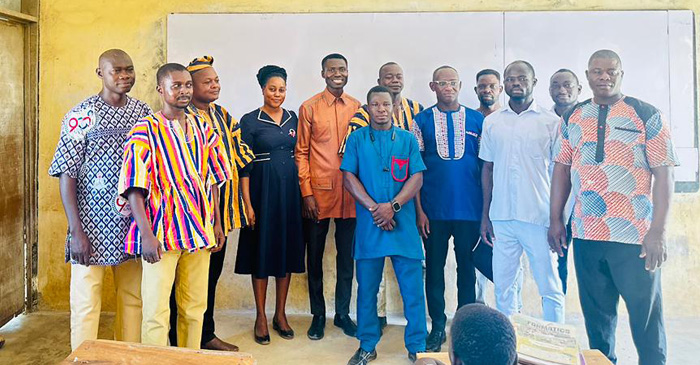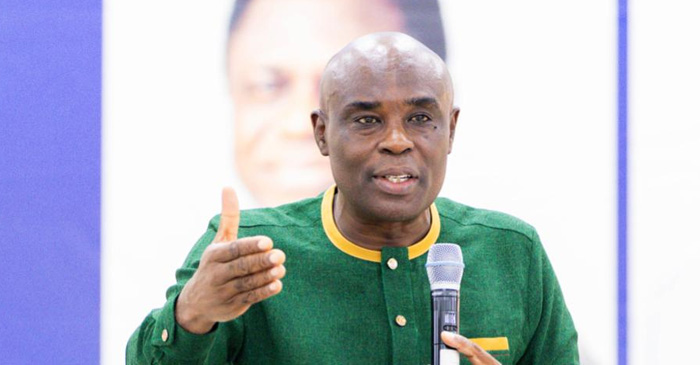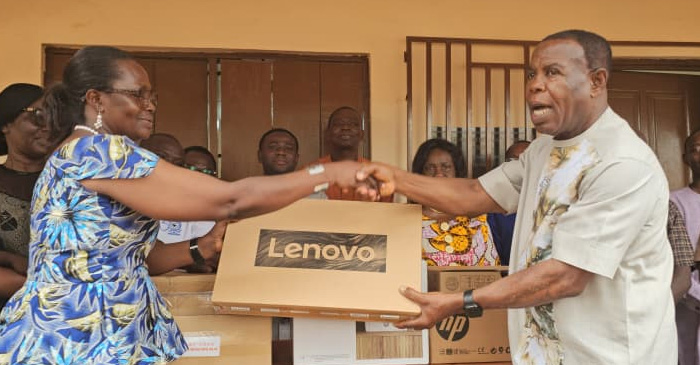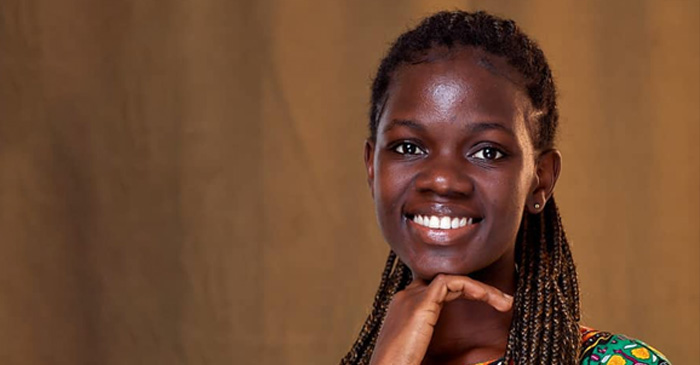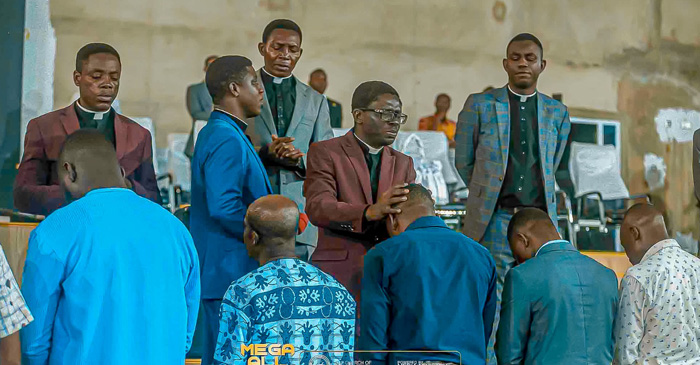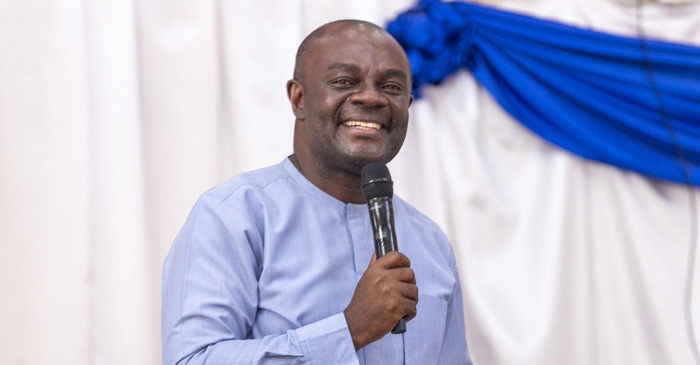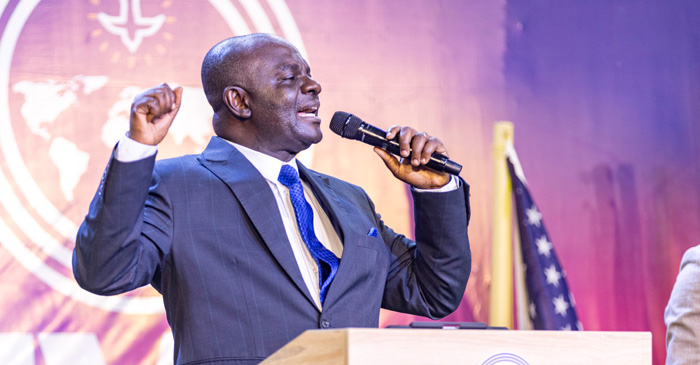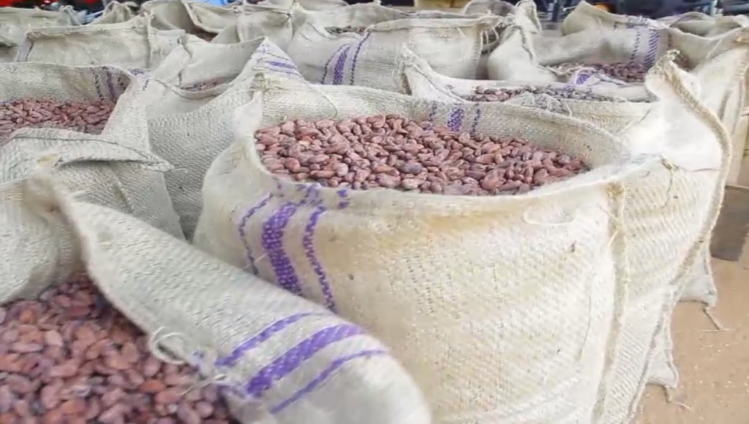
The European Union Ambassador, Irchad Razaarly, says there is no ban on Ghana’s cocoa into the European market as speculated in the media space.
“We want more cocoa, and we are supporting Ghana and Cote d’Ivoire to produce cocoa and other commodities in a socially and environmentally sustainable manner,” he said.
The Ambassador said this on Monday at the second edition of the Orange Cocoa Day on the theme: ” Exploring How Improved Access to Land and Tree Tenure Promote Sustainability in the Cocoa Value Chain.”
The event was organised by the Embassy of the Netherlands together with the European Union Delegation to Ghana in partnership with the European Forest Institute, Solidaridad West Africa, Meridia, and others.
Mr Razaarly said the call for sustainable cocoa production was growing globally and particularly in Europe, stressing that EU citizens were increasingly demanding measures to ensure that cocoa and other commodities were produced in an environmentally sustainable way.
He said the EU had proposed a regulation, which was aimed at reducing the impact of products placed on the Union’s market for six commodities – palm oil, soya, wood, cattle, cocoa, and coffee.
The purpose of the regulation, the Ambassador said, was to minimise the EU’s contribution to global deforestation and to promote the consumption of products from deforestation-free supply chains.
Touching on EU ongoing support, Mr Razaarly said the Union had supported COCOBOD to roll-out the Cocoa Management System through a sensitisation campaign, training of extension staff to verify the data collected and the provision of equipment.
“We work with COCOBOD and the Forestry Commission on the mapping and deforestation risk assessment. Ghana has good experience in Forest Law Enforcement, Governance and Trade, which could be replicated in the cocoa sector”
He re-iterated the EU’s commitment to the dialogue on sustainable cocoa and support to the sector and stated that Ghana’s efforts towards sustainability were aligned with the Union’s priorities.
“Providing a decent living income for cocoa farmers and ensuring the sustainability of the value chain, both in terms of labour rights and environmental protection, are key priorities for the EU,” he said.
Ms Katja Lasseur, the Deputy Dutch Ambassador to Ghana, said the theme was timely because investment in the cocoa sector thrived when the lands were secured free of any litigation.
“As part of our global strategy, the Netherlands will continue to support efforts to promote the sustainability of the cocoa sector and improve land and tree tenure arrangements that mostly affect cocoa farmers across Ghana’s cocoa growing areas,” she said.
Nana Kwaw Asante Bediatu II, the Sefwi Divisional Chief of Asempaneye, called for better remuneration of farmers to motivate other prospective farmers to venture into cocoa farming.
He called for more investment in the documentation of farmlands to ensure the sustainability of cocoa production for socio-economic development.
The participants called for a dialogue to address challenges in the sector, saying, farming and production of cocoa beans were largely poorly regulated in the country.



